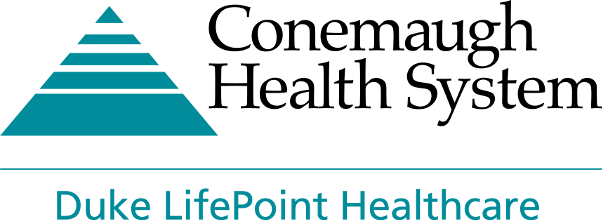Common Billing Terminology
Guide to Healthcare Billing Brochure
Advanced Beneficiary Notice (ABN)
An advanced Beneficiary Notice is a form advising you that tests performed by your doctor may not be covered by Medicare. The purpose of the ABN is to let you know in advance that these services may not be covered and to advise you that you will be responsible for payment of these charges.
Approved Amount
The amount of the hospital’s charge that a payer will recognize in calculating benefits.
(Under Medicare, also called “Medicare Allowable Charge”.)
Benefits Period
Starts the day you are admitted to a hospital or skilled nursing facility (SNF) and ends when you haven’t received hospital inpatient or SNF care for 60 consecutive days.
Birthday Rule
The Birthday Rule is endorsed by the National Association of Insurance Commissioners (NAIC). The Birthday Rule states that the plan of the parent whose date of birth (month and day) falls earlier in the calendar year is the primary plan for dependent children. For example, if the father’s birth date is March 4 and the mother’s birth date is January 22, the mother’s plan would be primary. If both parents have the same birth date, the health plan in effect for the longer period of time would be primary.
COBRA Insurance
The Consolidated Omnibus Budget Reconciliation Act of 1985 (COBRA) requires most employers with group health plans to offer employees the opportunity to continue temporarily their group health care coverage under their employer's plan if their coverage otherwise would cease due to termination, layoff or other change in employment status (referred to as "qualifying events"). For more information, visit http://www.cobrainsurance.com/COBRA_FAQ.htm.
Co-Insurance
Co-insurance is an agreement by which the patient and the insurance company share in the payment of a service. Co-insurance takes effect after the approved deductible amount has been met. For example, assigned Medicare benefits have a 20% co-insurance. This means that after the approved deductible amount has been met, Medicare pays 80% of the approved amount and the patient, or the patient’s supplemental insurance, pays the remaining 20%. The deductible in most cases becomes the responsibility of the patient.
Coordination of Benefits
Coordination of Benefits is the determination of benefits payable under more than one group health insurance so the insured’s total benefits do not exceed 100% of the medical expenses.
Explanation of Benefits (EOB)
EOB is an acronym for Explanation of Benefits. Although EOBs often look like a medical bill, the EOB actually gives you details regarding how your insurance company processed medical insurance claims. The EOB tells you what portion of a claim was paid to the health care provider and what portion of the payment, if any, you are responsible for.
Insurance Deductible
An insurance deductible is a minimum amount the patient must pay before the insurance company will pay anything toward charges. Usually the deductible needs to be met and paid by the patient each year.
Insurance Co-Pay
An insurance co-pay is the amount of money or percent of charges for Basic or Supplemental Health Services which a member is required to pay, as set forth by their health plan. This is often associated with an office visit or emergency room visit. For example, $5, $10, or $25.
Referral
Permission from your primary care doctor to see a certain specialist or receive certain services.
For more information or assistance, please call Customer Service:
Hospital Billing: 1-888-480-3539 or (814) 410-8470
Physician Billing: 1-800-865-0794 or (814) 410-8300
Hours of operation are Monday through Friday, 8 am to 4 pm.
